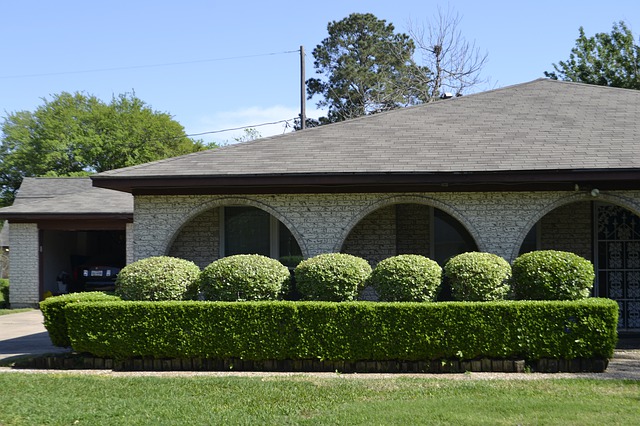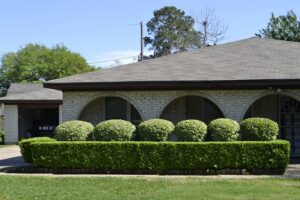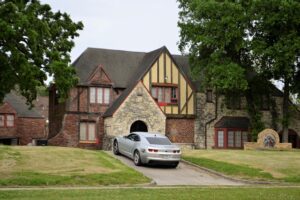Introduction
Garage doors are an essential part of our homes, providing security and convenience. However, it can be frustrating when your garage door refuses to close. There are several reasons why this may happen, ranging from simple issues to more complex problems. In this article, we will explore the common causes behind a garage door not closing and provide possible solutions to help you troubleshoot the issue.
1. Sensor Misalignment
Sensors: Garage doors are equipped with safety sensors located near the bottom of the door tracks. These sensors emit an invisible beam that, when interrupted, prevents the door from closing fully. If the sensors are misaligned, dirty, or obstructed, the door will not close.
Solution: Check the alignment of the sensors and ensure they are facing each other. Clean any dirt or debris that may be blocking the sensors. If the problem persists, inspect the wiring and connections, as loose or damaged wires can also cause sensor issues.
2. Obstruction Detection
Obstruction detection system: Modern garage doors are equipped with an obstruction detection system that prevents the door from closing if it detects an object in its path. This safety feature is crucial to prevent accidents or damage.
Solution: Inspect the area around the garage door for any objects or debris that may be triggering the obstruction detection system. Remove any obstructions and try closing the door again. If the problem persists, check for any misalignment or issues with the detection system itself.
3. Malfunctioning Remote Control
Remote control: If your garage door is not closing with the remote control, it could indicate a problem with the remote itself. The batteries may be dead, or there could be an issue with the remote’s signal transmission.
Solution: Replace the batteries in the remote control and try again. If that doesn’t solve the problem, try reprogramming the remote according to the manufacturer’s instructions. If all else fails, consider contacting a professional to diagnose and repair the remote control.
4. Power Issues
Power supply: A garage door requires a stable power supply to function properly. If there is a power outage or an issue with the electrical circuit, the door may not close.
Solution: Check the power supply to the garage door opener. Ensure that the circuit breaker or fuse is not tripped or blown. If there is a power outage, wait for the power to be restored, and try closing the door again. If the problem persists, consult an electrician to inspect the electrical connections.
5. Broken Springs or Cables
Springs and cables: The springs and cables in a garage door system play a crucial role in its operation. If these components are damaged or broken, it can prevent the door from closing properly.
Solution: Inspect the springs and cables for any signs of damage, such as fraying or breakage. If you notice any issues, it is recommended to contact a professional garage door technician to replace the damaged components. Attempting to repair or replace these parts yourself can be dangerous.
Conclusion
A garage door not closing can be frustrating, but understanding the common causes behind this issue can help you troubleshoot and resolve the problem. Sensor misalignment, obstruction detection, malfunctioning remote control, power issues, and broken springs or cables are some of the common culprits. By following the suggested solutions and seeking professional help when needed, you can ensure your garage door functions smoothly and safely.
References
– Chamberlain: Garage Door Troubleshooting Guides – chamberlain.com/support/troubleshooting
– The Family Handyman: Garage Door Won’t Close – familyhandyman.com/project/garage-door-wont-close
– Precision Garage Door: Common Garage Door Problems – precisiondoor.net/blog/common-garage-door-problems













